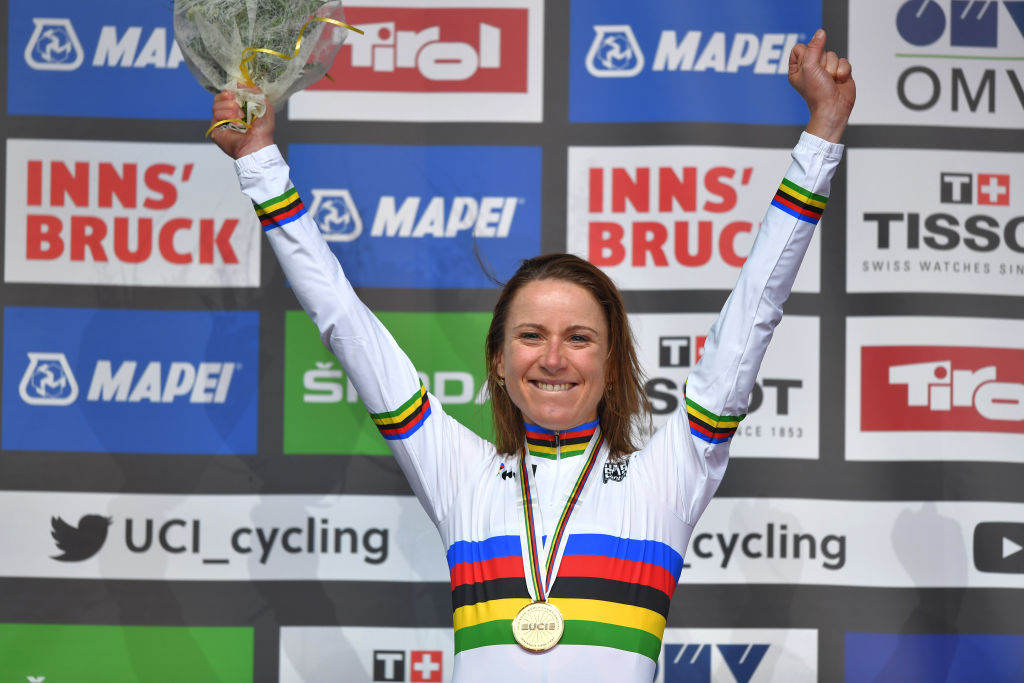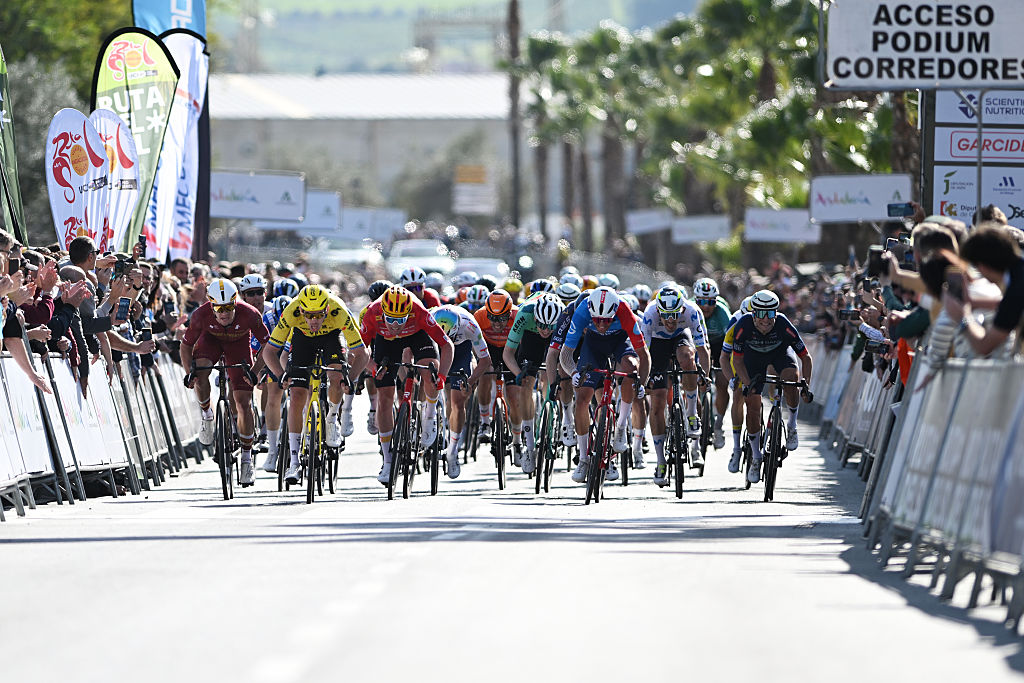Annemiek van Vleuten blog: The cold-weather advantage and the importance of live TV
'Live TV is the most crucial first step toward the development of women's cycling'
The latest race content, interviews, features, reviews and expert buying guides, direct to your inbox!
You are now subscribed
Your newsletter sign-up was successful
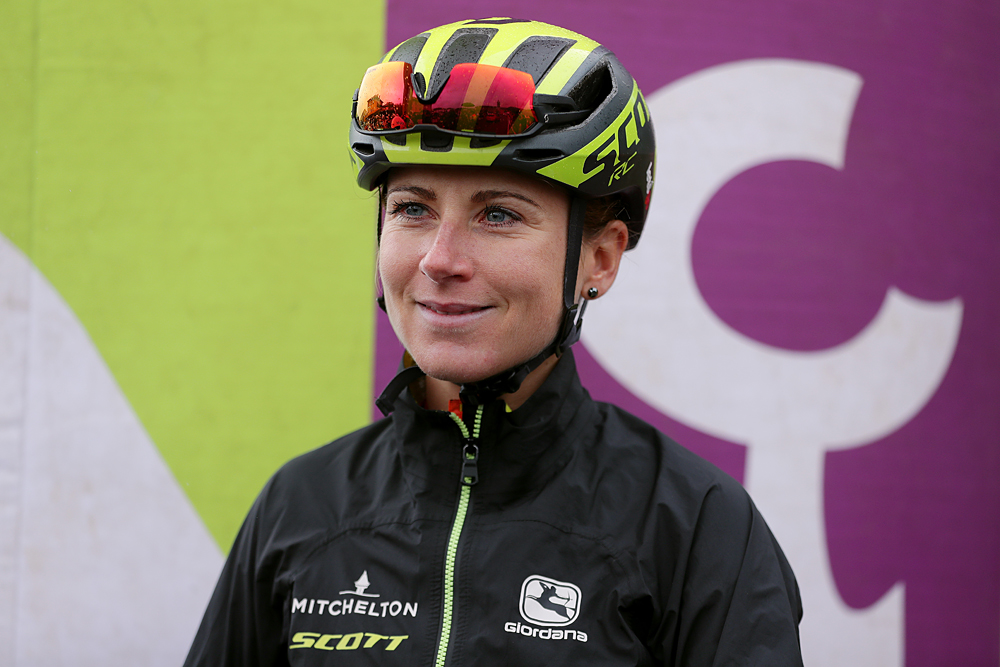
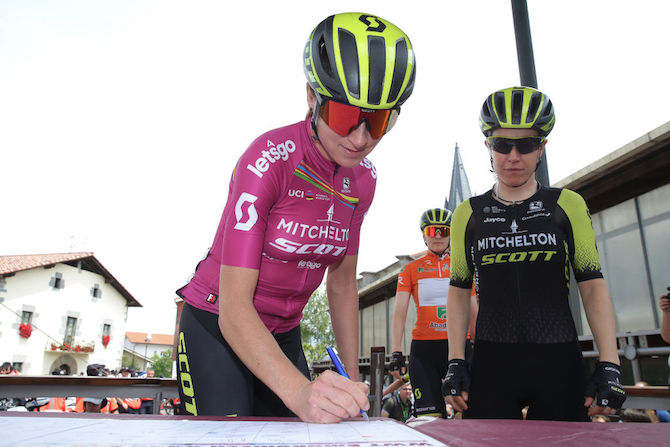
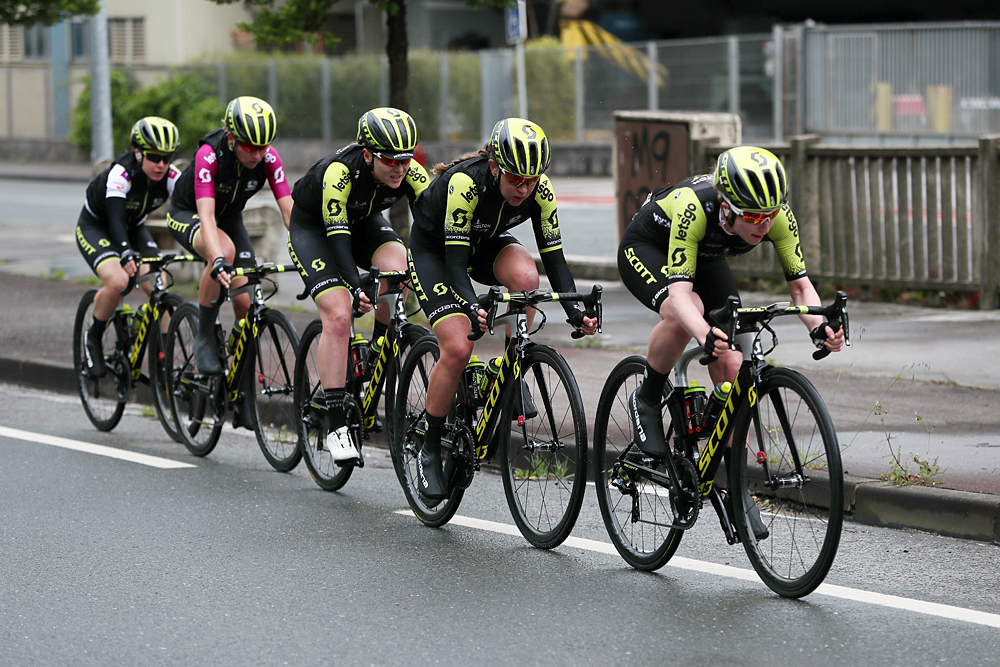
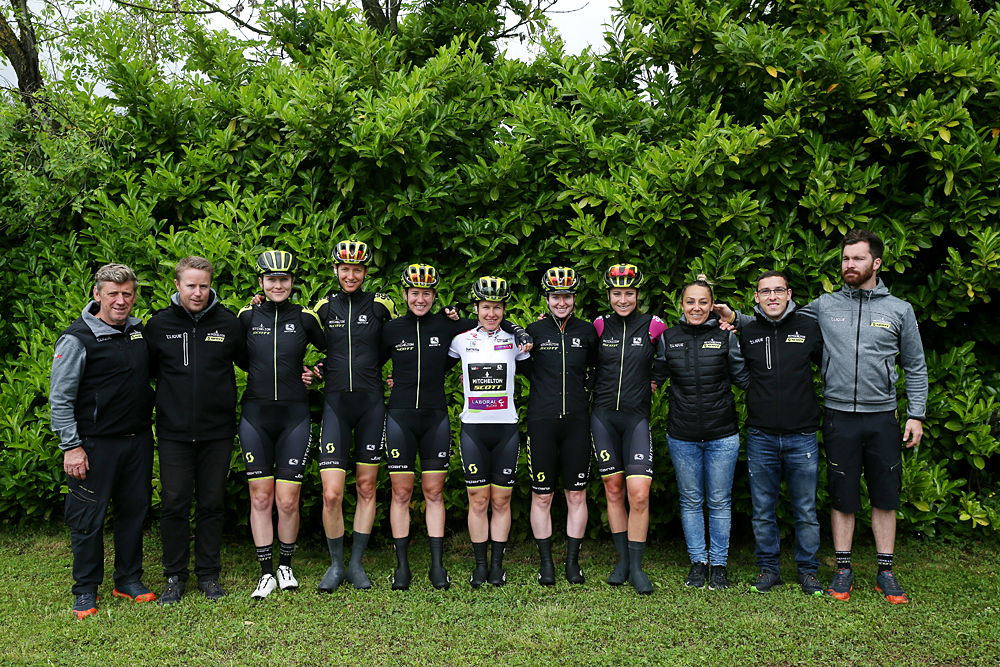
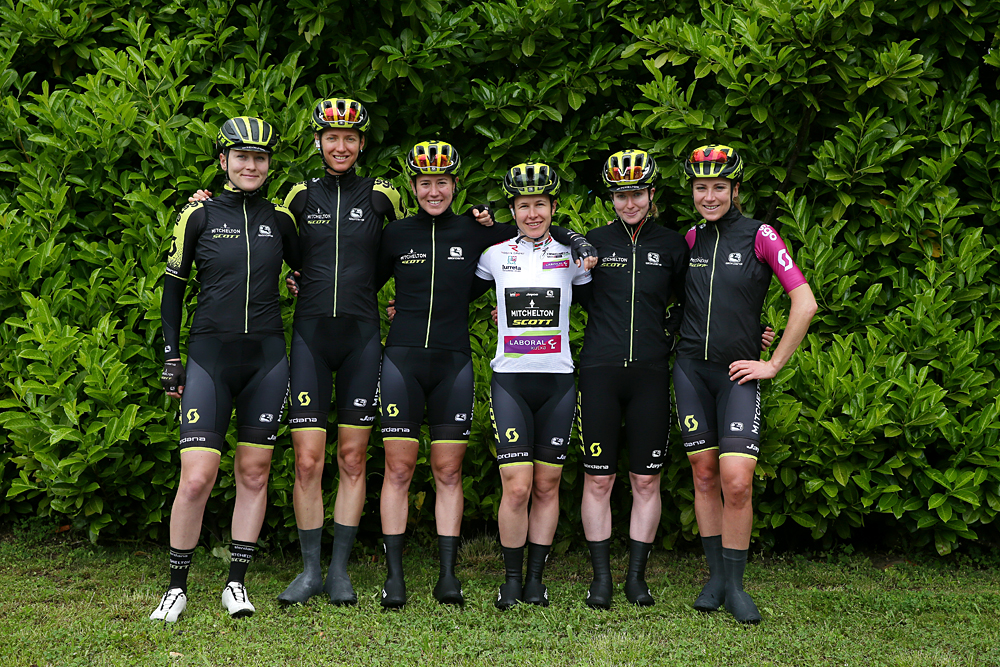
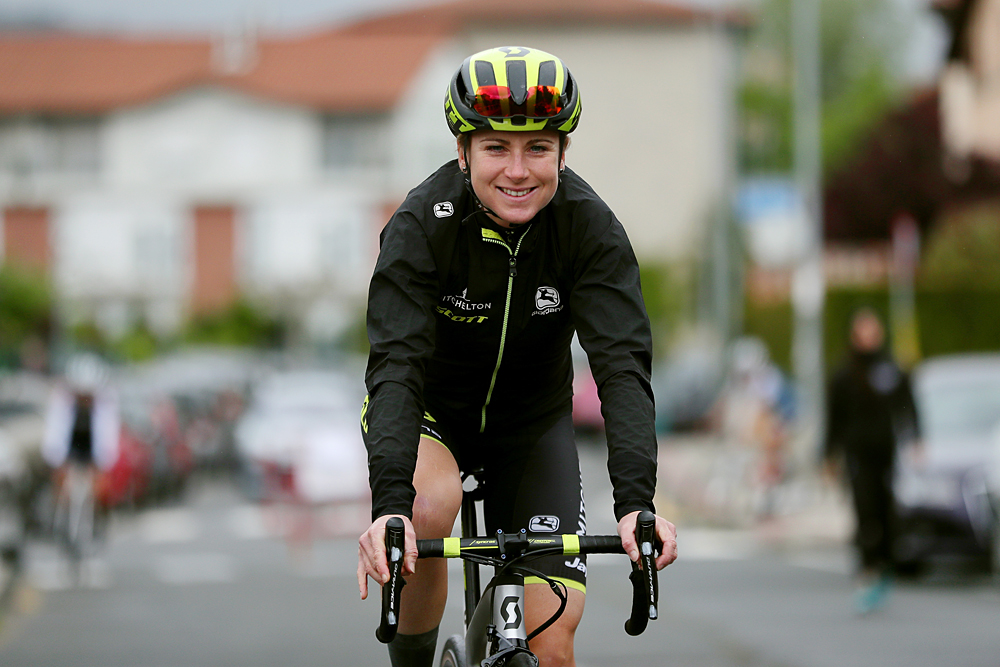
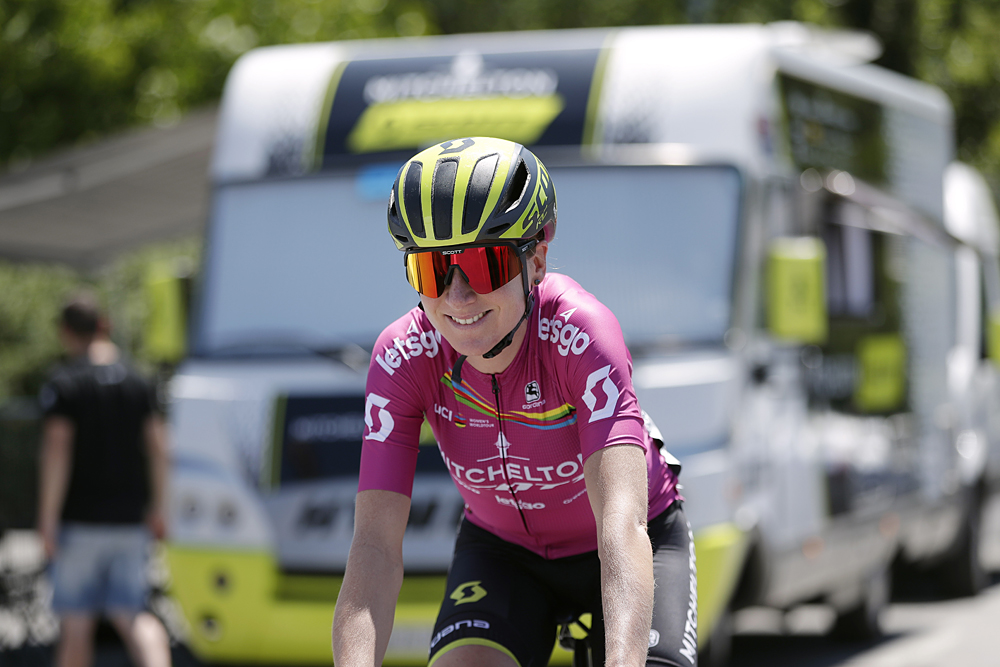
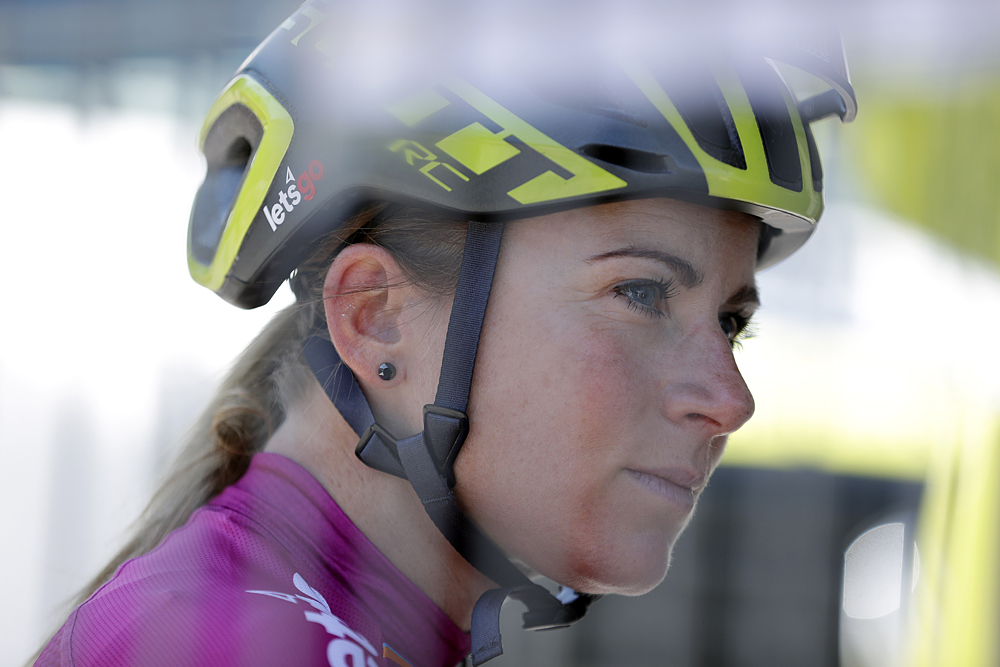
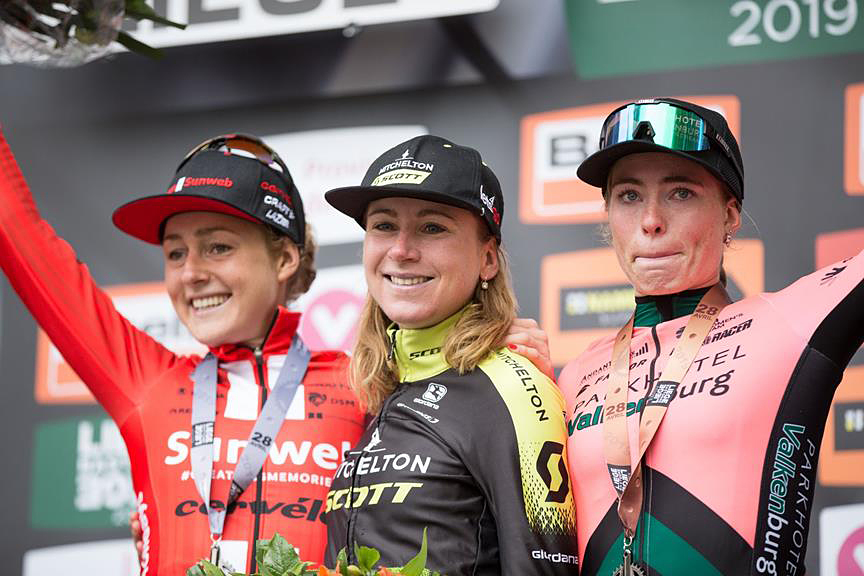
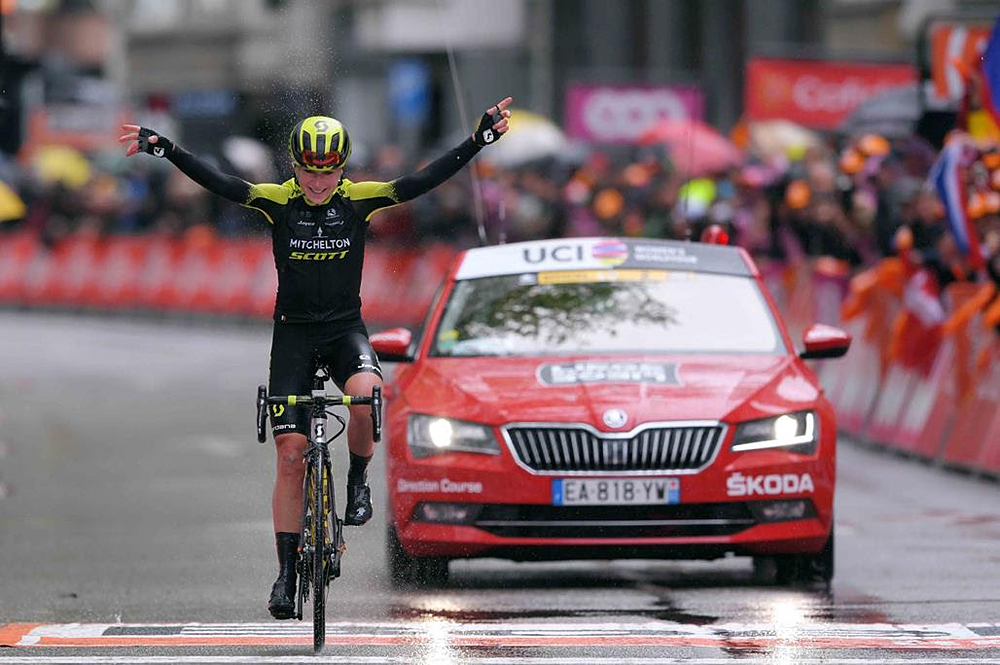
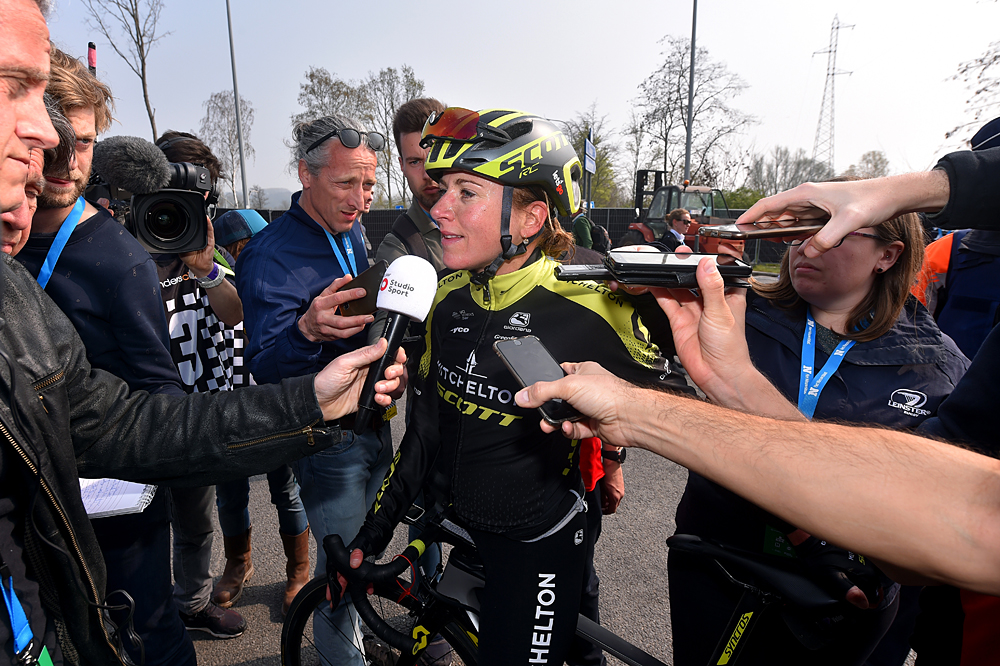
It was a dream Spring Classics season with two victories at Strade Bianche and Liège-Bastogne-Liège. I was also consistent with three second places at Tour of Flanders, Amstel Gold Race and Flèche Wallonne, where I was fighting for the win. Even though it was a success, there were some things I learned along the way.
The lessons I took away from those second-place performances was to be a little bit more confident and believe in my capabilities. And so when I arrived at the start line of Liège-Bastogne-Liège, I felt that I had to take the initiative instead of waiting for an opportunity as I had done in the previous events.
It was such a big mental battle for me that day because I knew that it was my day to shine, that I was in good shape, and that I had worked so hard. Liège was also my last race during the Spring Classics.
I knew that I needed to put the hammer down right at the bottom of the Côte de la Redoute, but up until that point, I struggled because it was so, so, so cold. I can't even explain how it felt to race in such conditions. Usually, I'm pretty good with cold, and I'm pretty good with rain, but the combination of the two of them was challenging.
During the race, however, I remembered what I learned as a younger athlete from our national team coach Johan Lammerts. He would say that we had to open the curtains on the race day and look out the window, and if it was raining, we should be happy because half of the peloton would already be unmotivated.
It took us an hour to discuss and decide what to wear before the race. It's hard to figure out what the best clothing is for a race in such conditions, but I think my decision was spot on. I wore a rain jacket for the whole race until the point where I knew I wanted to attack on the La Redoute, and then I took it off just before the climb.
Truthfully, however, during the first two hours of the race, my thoughts would drift between the discomfort of racing in the cold rain, to thinking about the hot shower that was waiting for me at the finish line. I hoped that it would all be over quickly. And then I would snap out of it and think about what was happening in the race, and I tried to remember that it was my day to shine, to put the hammer down and that I needed to stay focused. I think everyone in the peloton had a similar mental battle. It was one of the coldest races that I ever did.
The latest race content, interviews, features, reviews and expert buying guides, direct to your inbox!
When I finally made my attack on the La Redoute, half of the peloton was already unmotivated - Johan was right - and this was probably my advantage. If you were one of the riders that were still motivated and happy to be racing in the rain, your chances of success were heightened. When I look back at my career, some of my better results were in the rain. I think I can handle that battle, even though it can be uncomfortable.
Racing the Spring Classics was a beautiful part of the season for me, and I really liked to race with my team, but I am also aware that it cost me a lot of mental energy to be so focussed at every race. I have respect for the overall classification riders at the Giro d'Italia, Tour de France and Vuelta a España, who have to focus every day for 21 days in a row. The Spring Classics were a series of one-day races, but I was acutely aware after Liège that I needed a mental rest and that I didn't want to suffer in the cold weather anymore.
The importance of live TV
One of the more unfortunate outcomes of the Spring Classics was that organisers of Flèche Wallonne and Liège-Bastogne-Liège, Amaury Sport Organisation (ASO), did not provide live TV or online streaming of the women's races. The media also reported that they might not include these two races as part of the Women's WorldTour next year if they have to provide 45 minutes of live coverage.
I'm incredibly disappointed in their decision not to put in the extra effort to offer live TV of these two races. I've spoken out about this in the press recently, but I'd like to reiterate my feelings about the importance of exposing our bike races to the public.
The live TV coverage is the most crucial first step toward having an impact on the development of women's cycling. If organisers are forced to make difficult choices concerning what they can offer the women's field because of having a tight budget, I understand, but please, the priority should be live TV coverage. Other areas, such as providing equal prize money, are the last things that should be changed. First things first and in the right order; we must be able to sell our sport and to do that we need to be on live TV and online streaming.
I also want to applaud the other organisations that make live TV coverage happen at their women's races. Perfect examples are races like Amstel Gold Race and Emakumeen Bira.
Amstel Gold Race made a significant impact with their live TV coverage of the women's race. When the men were at a point in their race which wasn't decisive or super interesting, so many people were able to enjoy watching our women's race live on TV.
It was an exciting race all the way to the finish line - very entertaining. This is one of the reasons I ride my bike!
It's so cool to see the change that is going on right now. The fans in our sport have shifted from being a small group of die-hards asking for live TV coverage of women's races to a bigger group of people who are on board, and who now think it's 'strange' when the women's races aren't live on TV.
Building up to the Giro Rosa
And so back to the racing, after the Spring Classics, I took two recovery weeks to enjoy life outside of cycling. Feeling fresh and motivated, I started my next build-up at Emakumeen Bira in the Basque Country last week.
I liked racing Emakumeen Bira because of the short climbs and the fans in the Basque Country. I also enjoyed supporting my teammate Amanda Spratt, she is such an amazing person and a true team player. She won a stage, and it was an exciting fight for the GC until the last day where Elisa Longo Borghini won the title by only two seconds.
Riding in a support role also meant that I could race with a little bit less pressure and save my energy. In July, I will be better able to handle the demands to perform every day during the Giro Rosa.
Now I head back up to altitude to train for my next big target in Italy at the Giro Rosa.
Thanks for reading!
Annemiek van Vleuten (Mitchelton-Scott) astounded the cycling world during the 2018 season, winning a second consecutive world title in the individual time trial and securing top honours in the overall standings of both the Women’s WorldTour and the UCI World Ranking – making her the number one rider in the world. You can visit her website here.
Hear from former cyclist and human rights activist Kristen Worley on gender verification testing, testosterone, old ideologies and human rights in the latest Cyclingnews Podcast Women's Edition.
Annemiek van Vleuten (Movistar Team Women) is a two-time winner of the Giro d'Italia Donne, a two-time winner of the individual time trial at the World Championships, both in 2017 and 2018, and winner of the road race title at the World Championships in 2019. You can visit her website here.
